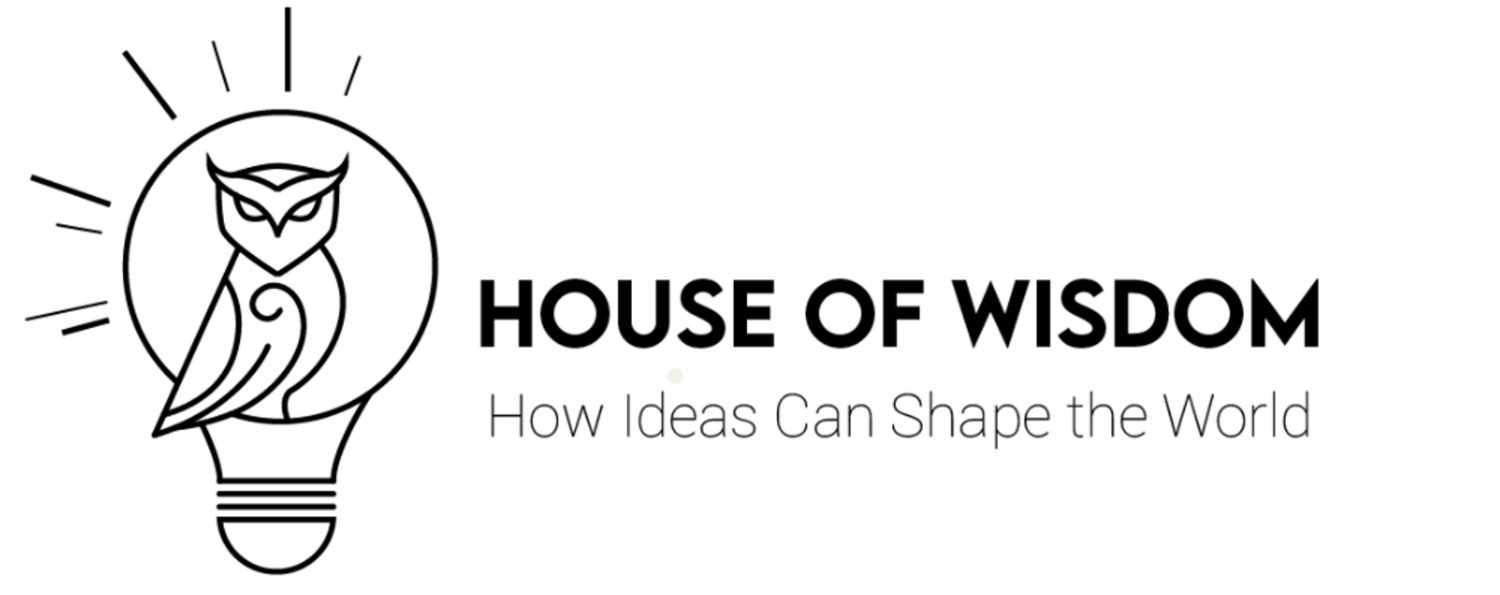Episode 10 - The Fight For Peace Through Nonviolent Resistance
Can nonviolent resistance be the ammunition to end civil wars and pave the way towards peace and democracy?
Mahatma Gandhi famously said that ‘Nonviolence is the greatest force at the disposal of mankind. It is mightier than the mightiest weapon of destruction devised by the ingenuity of man’… but how true is such an assertion? In Dr Abbs’ upcoming monograph, ‘The Impact of Nonviolent Resistance on Civil War Transformation towards Durable Peace and Democratization’ he tests this assertion using statistics and data to highlight how nonviolent resistance not only has a positive impact on the resolution of civil wars but helps pave the way for democratization when and where it is most needed.
In this episode, we talk to Dr. Luke Abbs about the use of nonviolent resistance and its effect on achieving peace and democracy.
Dr Luke Abbs is a research fellow at the Centre for Religion, Reconciliation and Peace (CRRP) and visiting fellow at the Department of Government, University of Essex. He engages in applied data analytics, using statistical methods and supervised machine learning prediction to analyse the dynamics of political conflict and inform key policy questions about peace and armed conflict. He has also engaged in various consultancies for the United Nations Operations Crisis Center (UNOCC), Conciliation Resources, the International Center on Nonviolent Conflict (ICNC) and the United States Institute for Peace (USIP).

